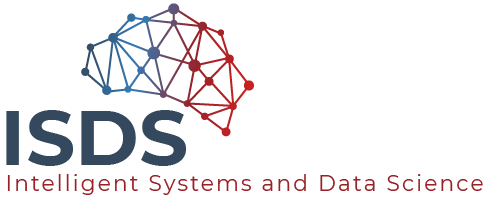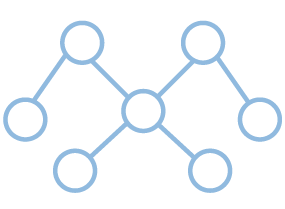The Conference Dashboard
The Conference Dashboard (also known as AIDA Dashboard) is a tool for exploring and making sense of scientific conferences which integrates statistical analysis, semantic technologies, and visual analytics. The dashboard was developed in collaboration with Springer Nature for assisting editors in assessing conferences, but it also supports several other use cases. Compared to other state-of-the-art […]


 Scholarly Knowledge Mining
Scholarly Knowledge Mining
 Digital Humanities
Digital Humanities
 Data Science
Data Science
 Smart Cities and Robotics
Smart Cities and Robotics
You must be logged in to post a comment.